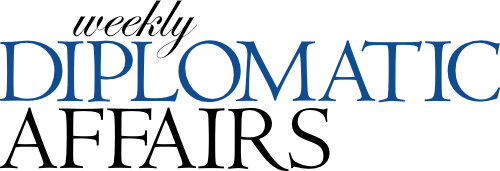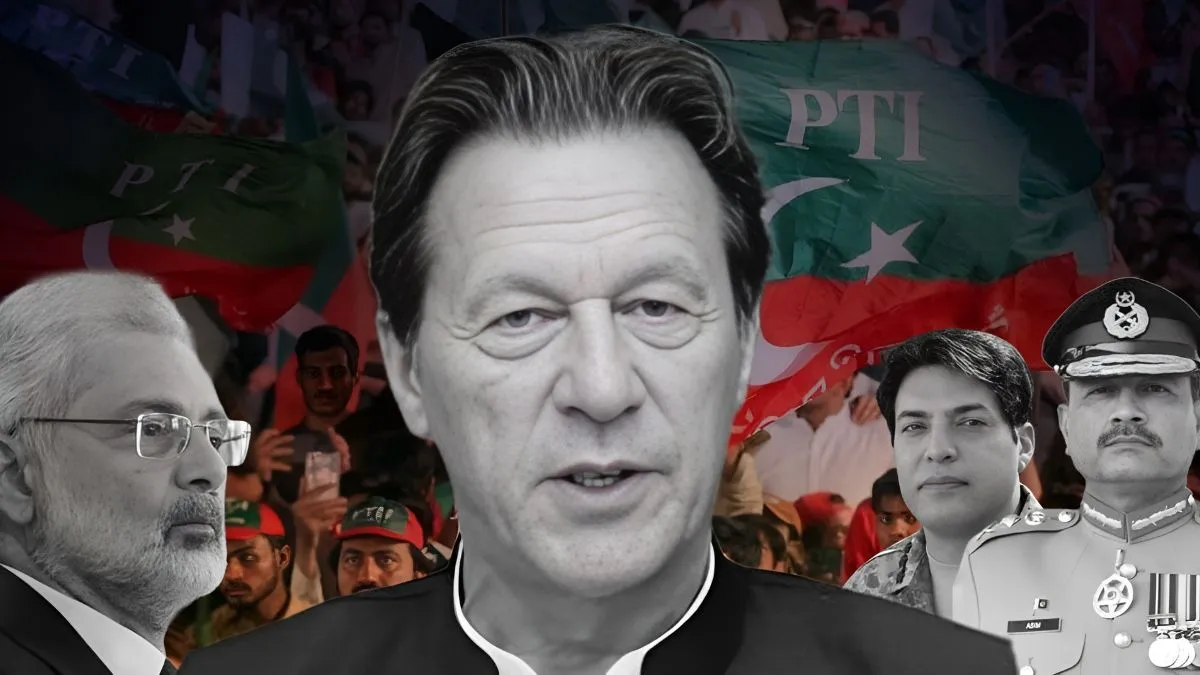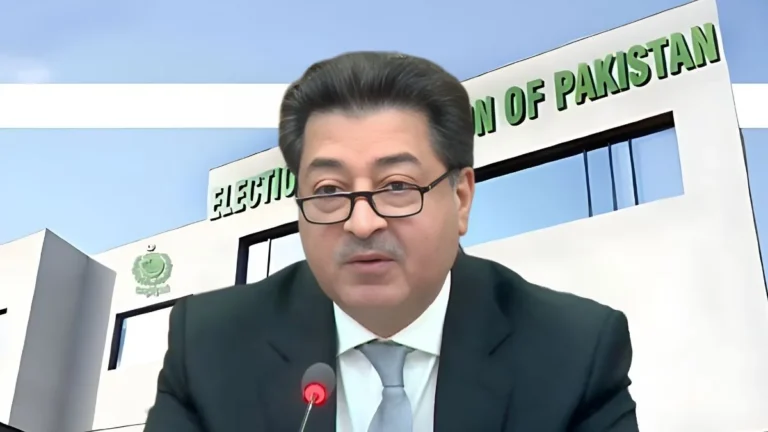PTI vs Establishment: Restrictions on Public Opinion in Pakistan
In recent times, Pakistan’s political landscape has witnessed an intense struggle between the Pakistan Tehreek-e-Insaf, PTI vs Establishment and the state, this clash, rooted in deep-seated political and ideological differences, has escalated to unprecedented levels, raising concerns about the suppression of democratic rights and the people’s will.
What is the PTI-establishment conflict?
The friction between the PTI and the state establishment is not new, However, the intensity of the current conflict is alarming, The PTI, led by Imran Khan, has accused the government and the establishment of systematically undermining democratic institutions and curbing civil liberties, This accusation has resonated with a significant portion of the populace, who see PTI as a beacon of hope for genuine democratic governance.
Imran Khan’s rise to power was marked by promises of reform, anti-corruption measures, and a more transparent government, However, as his tenure progressed, tensions with established state institutions began to surface, Critics of Khan argue that his confrontational approach to the military and judiciary has exacerbated these tensions, leading to a highly polarized political environment.
PTI’s allegations of repression and violence
A series of recent events has intensified these accusations. PTI leaders and supporters have faced arrests, censorship, and what they describe as targeted harassment, these actions, according to PTI, are aimed at stifling dissent and ensuring that the government’s narrative remains unchallenged, critics argue that such measures are reminiscent of authoritarian regimes and are detrimental to the democratic fabric of the nation.
High-profile arrests of PTI members have drawn international attention and criticism, the use of vague charges, prolonged detentions without trial, and allegations of torture have been points of contention. Human rights organizations have documented numerous instances where PTI supporters were detained during peaceful protests, leading to accusations of human rights violations by the state.
The Role of Media
The media, often seen as the fourth pillar of democracy, has not been immune to this conflict. Several media houses and journalists have reported increased pressure to toe the government’s line, with some facing direct threats and coercion. This has raised serious concerns about the freedom of the press in Pakistan and its role in safeguarding democracy.
Independent media outlets have struggled to maintain their editorial independence in the face of mounting pressure. Reports of media blackouts during PTI rallies and the blocking of pro-PTI websites have further fueled allegations of state-sponsored censorship. Journalists who have reported critically on the government have faced harassment, both online and offline, leading to a chilling effect on press freedom.
PTI vs Establishment: Public Sentiment
The general public’s response to this ongoing tussle has been mixed, While PTI enjoys substantial support, particularly among the youth and urban populations, there is also a significant segment that believes in the government’s narrative of maintaining law and order. This divide has only deepened the political polarization in the country.
Social media has become a battleground for this polarized discourse. PTI supporters use platforms like Twitter and Facebook to voice their dissent and organize protests, while government supporters counter these narratives with their own. This digital divide reflects the broader societal split, where debates often turn into vitriolic exchanges, further entrenching divisions.
International Perspective
International observers have not remained silent on this issue. Several human rights organizations and foreign governments have expressed concern over the perceived erosion of democratic norms in Pakistan, these concerns, if not addressed, could have far-reaching implications for Pakistan’s international relations and its standing in the global community.
The European Union and the United States have issued statements urging the Pakistani government to respect democratic processes and human rights. International media coverage has highlighted the plight of detained PTI supporters and the restrictions on press freedom, putting additional pressure on the government to address these issues.
PTI vs Establishment and Economic Impact
The political instability has also had significant economic repercussions. Foreign investors have expressed caution, and economic growth has slowed as a result of the uncertainty, the government’s focus on maintaining control has diverted attention from crucial economic reforms and development projects.
The stock market has shown volatility in response to political developments, and the local currency has faced devaluation pressures, Businesses, both local and international, are adopting a wait-and-see approach, delaying investments until there is more political clarity, this economic slowdown has had a direct impact on the average citizen, exacerbating unemployment and inflation.
Looking Ahead
The path forward for Pakistan is fraught with challenges, for true democracy to thrive, both PTI and the state must find a way to engage in constructive dialogue, Suppression of political opposition, in any form, is not conducive to democratic progress, The resolution of this conflict lies in upholding the principles of democracy, ensuring the rule of law, and respecting the will of the people.
Frequently Asked Questions (FAQs)
A1: The conflict is primarily rooted in political and ideological differences, with PTI accusing the government and the establishment of undermining democratic institutions and curbing civil liberties.
A2: The media has faced increased pressure to support the government’s narrative, with some journalists and media houses experiencing direct threats and coercion.
International observers, including human rights organizations and foreign governments, have expressed concern over the erosion of democratic norms in Pakistan.
Public opinion is divided, with substantial support for PTI among the youth and urban populations, while others believe in the government’s stance on maintaining law and order.
The political instability has slowed economic growth, deterred foreign investment, and led to stock market volatility and currency devaluation, negatively affecting the average citizen.
{
"@context": "https://schema.org",
"@type": "NewsArticle",
"headline": "PTI vs Establishment: Restrictions on Public Opinion in Pakistan",
"image": "https://weeklydiplomaticaffairs.com/wp-content/uploads/2024/07/PTI-vs-state-Establishment-1024x576.webp",
"datePublished": "2024-07-20",
"dateModified": "2024-07-20",
"author": {
"@type": "Person",
"name": "Faisal Rabbani"
},
"publisher": {
"@type": "Organization",
"name": "Diplomatic Affairs Magazine",
"logo": {
"@type": "ImageObject",
"url": "https://weeklydiplomaticaffairs.com/wp-content/uploads/2024/07/Diplomatic-Affairs-Magazine-Logo-PNG.png"
}
},
"description": "Explore the ongoing conflict between PTI and the state Establishment in Pakistan, highlighting issues of democratic suppression, media freedom, and international concerns.",
"articleBody": "In recent times, Pakistan's political landscape has witnessed an intense struggle between the Pakistan Tehreek-e-Insaf (PTI) party and the Establishment and the state. This clash, rooted in deep-seated political and ideological differences, has escalated to unprecedented levels, raising concerns about the suppression of democratic rights and the people's will. The friction between the PTI and the state establishment is not new. However, the intensity of the current conflict is alarming. The PTI, led by Imran Khan, has accused the government and the establishment of systematically undermining democratic institutions and curbing civil liberties. This accusation has resonated with a significant portion of the populace, who see PTI as a beacon of hope for genuine democratic governance..."
}


